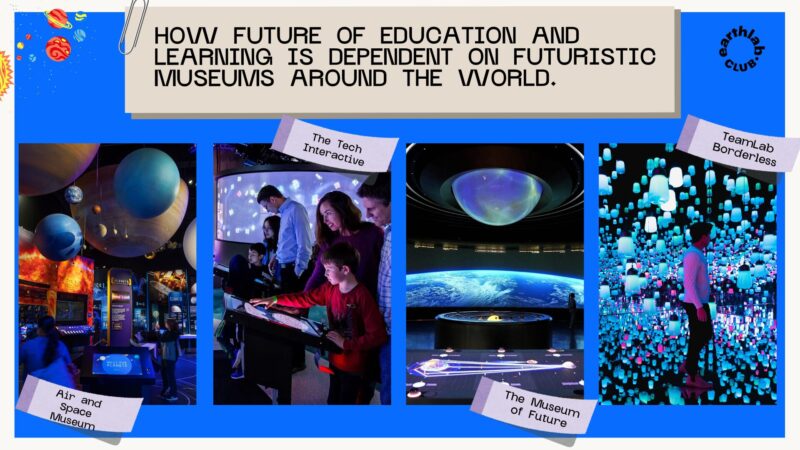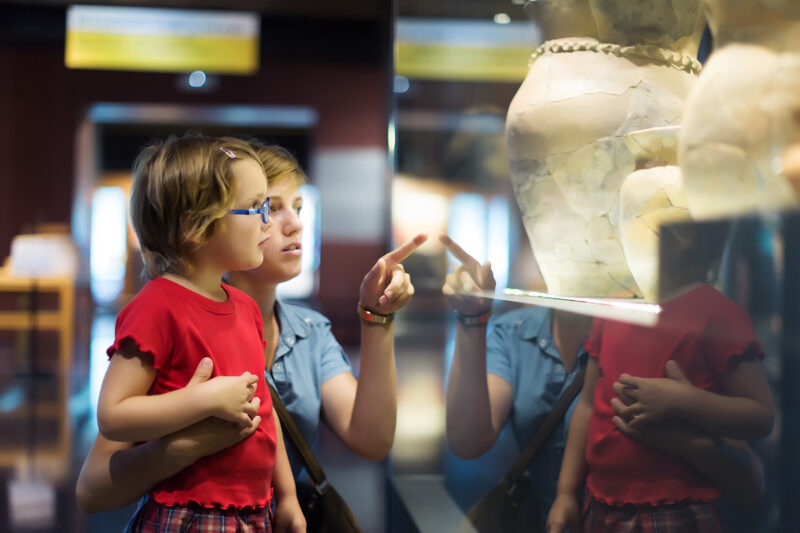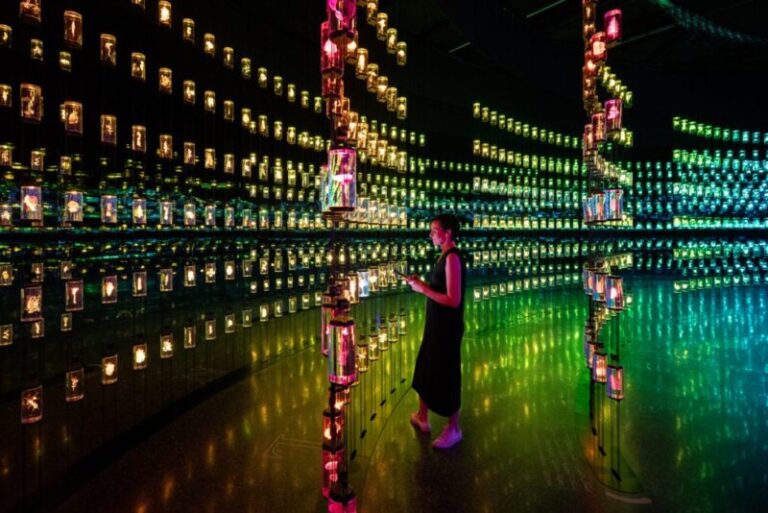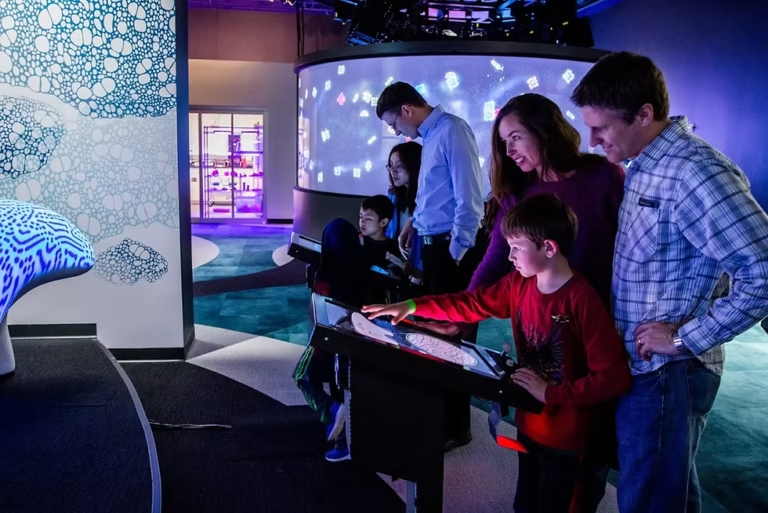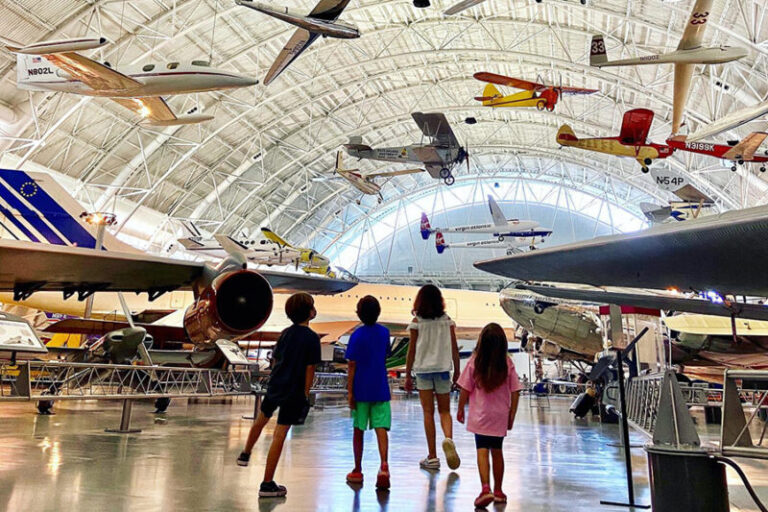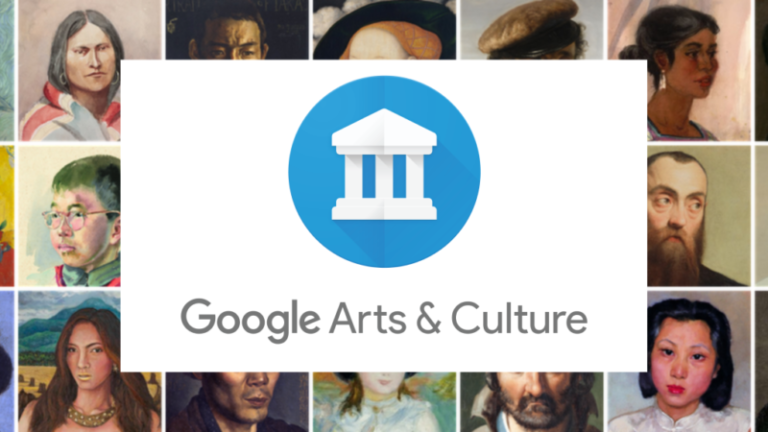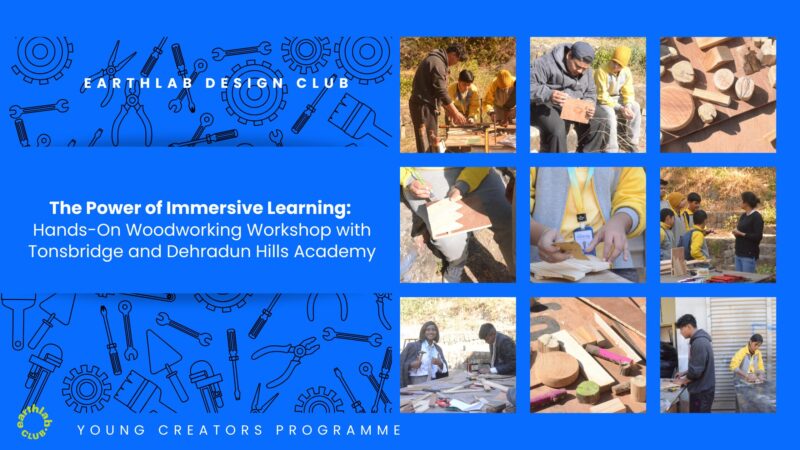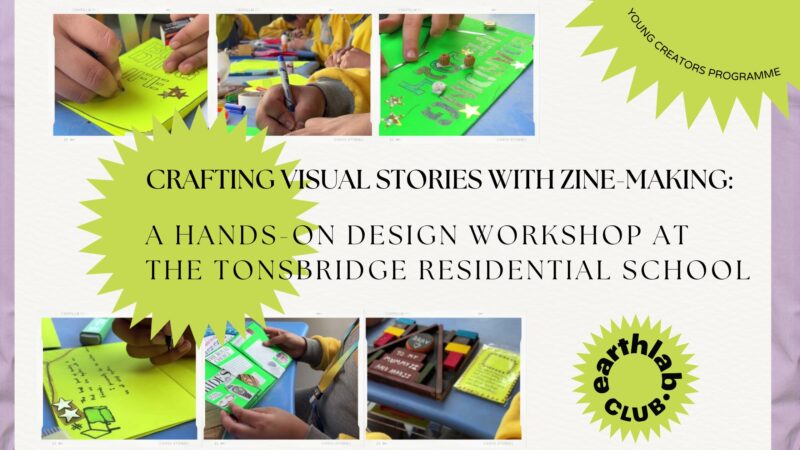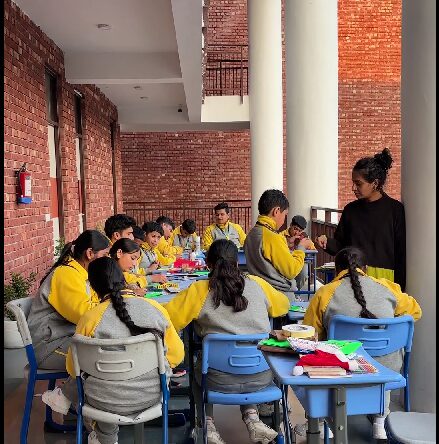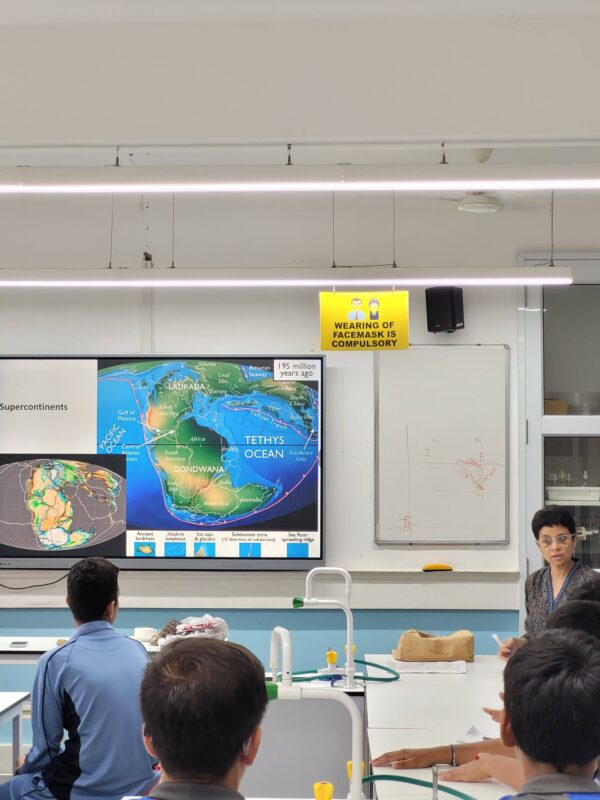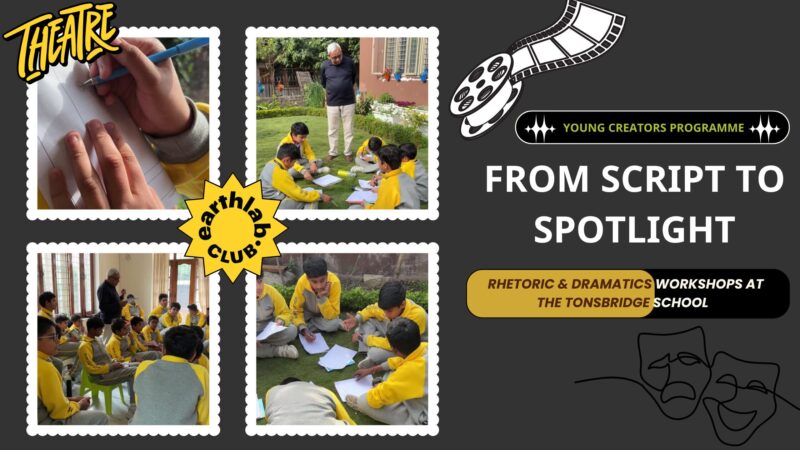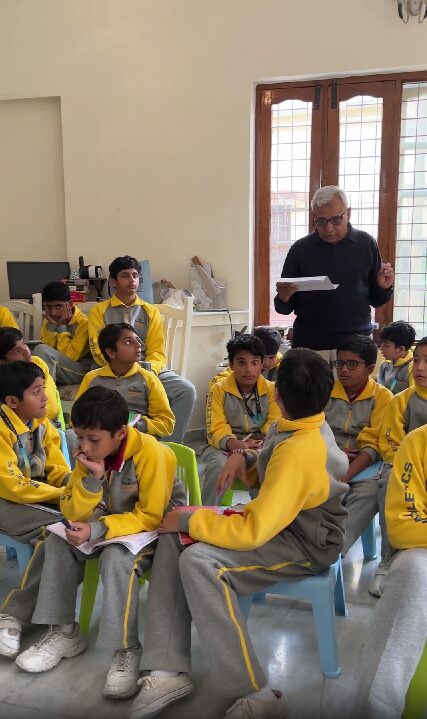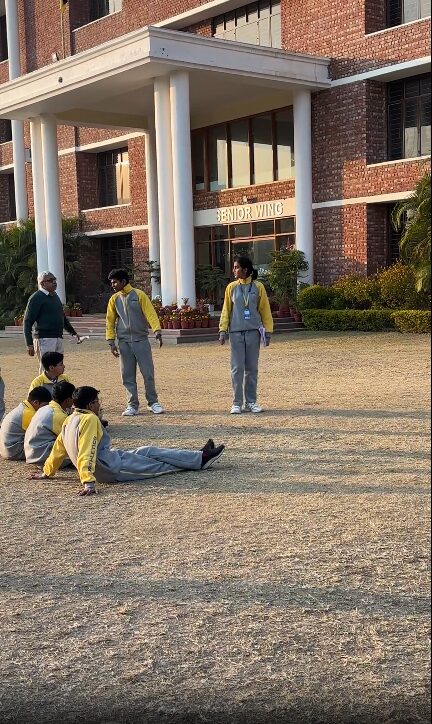The Interactive Tech Lab with Sai Krishna Mulpuru
Part of the Young Creators Programme – Yaksha 2025
13th to 15th June 2025 | 10 am to 5 pm | Ages 7–17
EarthLab Club, Dehradun
Make Myths Come Alive with Code, Sensors & Imagination
This summer, EarthLab Club brings you a bold new way to explore technology — not just as a tool, but as a way to build living stories and future worlds.
Led by creative technologist and educator Sai Krishna Mulpuru, the Interactive Tech Lab invites young creators to blend coding, design, sensors, sound, and story into interactive installations and digital experiences — all inspired by the myth of the Yaksha and the elements of nature.
From making touch-sensitive forest environments to building arcade-style video games, children will dive deep into playful experimentation, future skills, and meaningful creation.
What Will Children Explore?
Build responsive environments that react to movement, sound, and light
Design and develop 2D arcade games inspired by elemental stories
Create sensor-based art powered by environmental triggers like air, temperature, and touch
Learn the basics of coding, robotics, and storytelling through real-world projects
Explore 360° storytelling using simple yet powerful VR-inspired tools
Combine nature and technology to imagine regenerative futures
Meet Your Mentor: Sai Krishna Mulpuru
Sai is a multidisciplinary designer, creative technologist, and educator known for building human-centered, immersive tech experiences. His past work includes:
Brain-controlled rain systems at Serendipity Arts Festival
VR storytelling with Chakar View
AI-meets-design projects at NID Assam
Faculty roles at UPES, Srishti Institute, and Ashoka University
He brings years of experience in interaction design, UX, IoT, and learning innovation to guide children through this unique workshop.
This is More Than a Tech Workshop. It’s an Invitation to Build the Future.
Seats are limited.
DM us to reserve a spot or contact:
📞 9997014663 | 📩 info@earthlab.club | 🌐 www.earthlab.club
📍 EarthLab Club Studio, Shivam Vihar, Dehradun


